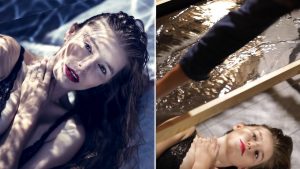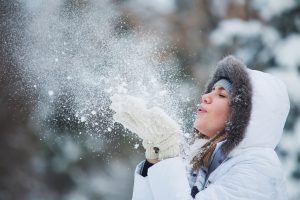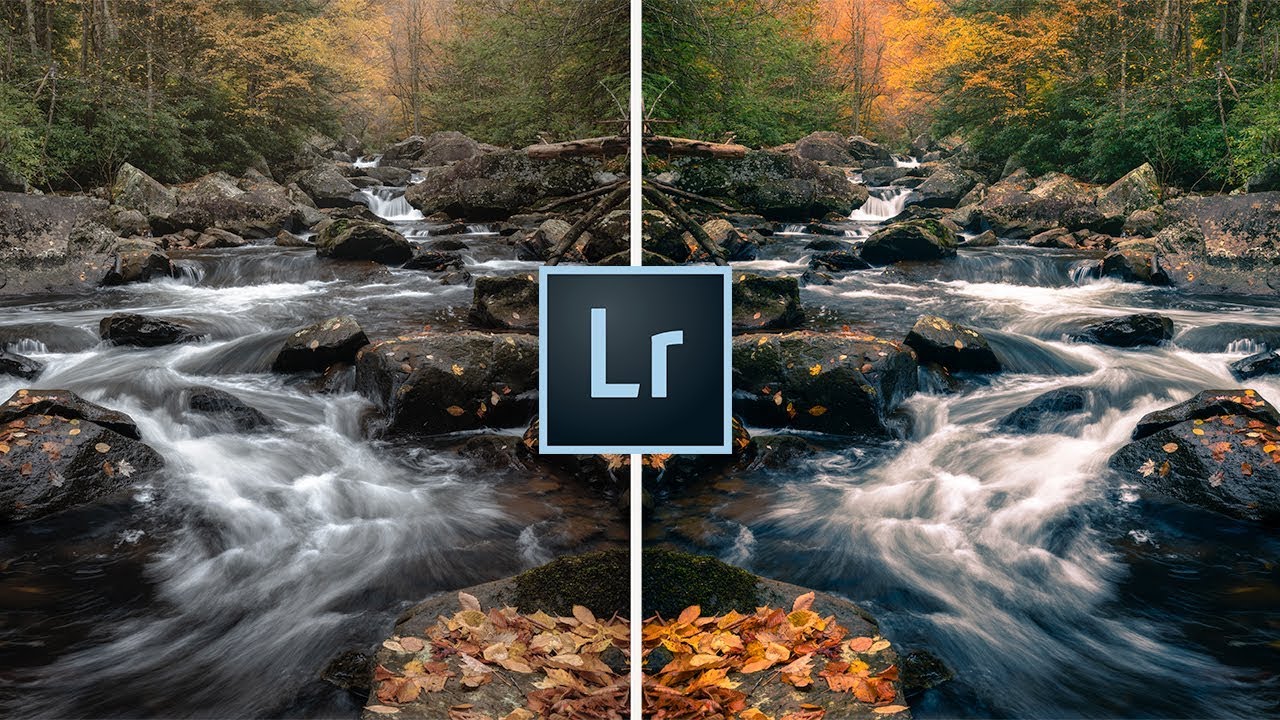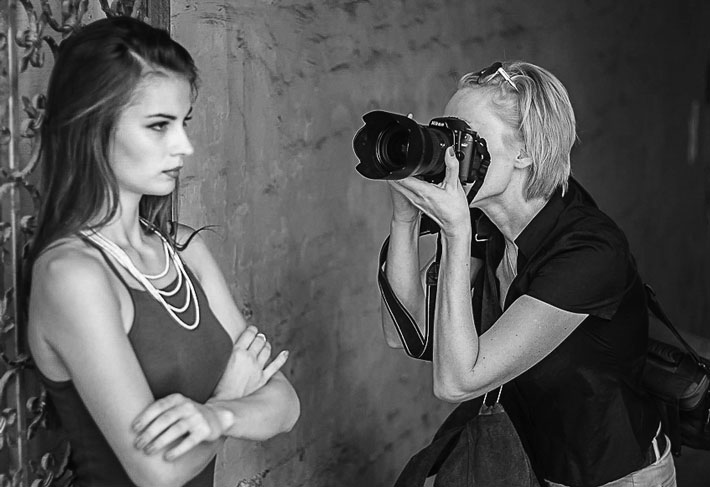brightness
Tips for creating a female portrait
 What type of portrait to choose, in what format is better to shoot, how to reveal the best in the model and what to focus on.
What type of portrait to choose, in what format is better to shoot, how to reveal the best in the model and what to focus on.
Why are some people considered photogenic and others not? And how can a photographer, especially a beginner, get around this concept and make portraits that are pleasing to the eye, delight your model and tell your story?
Any genre of photography requires practice. For portrait shooting, especially shooting female portraits, you need to be able to not only choose the right equipment and camera settings – although this, of course, is very important. The second part of the case is the ability to see and show the character of the model, convey the mood, use details and build a story.
As for photogenicity, it’s not how people look in the photo, but how they feel and lead in front of the camera. And the task of the photographer is to break down the barriers, to help the model feel confident, and then to find angles, poses and lights that will hide the flaws and emphasize the dignity and strengths of the person. Continue reading
How to shoot underwater portraits without leaving home
 “For a long time I was engaged in creating scenes and props for my pictures, an occupation that gradually turned into a separate business for the production and sale of furniture. And now I have decided that it is worthwhile to start making a video on how such things are created, and how you can achieve “high-budget” results on your own with very little cost.
“For a long time I was engaged in creating scenes and props for my pictures, an occupation that gradually turned into a separate business for the production and sale of furniture. And now I have decided that it is worthwhile to start making a video on how such things are created, and how you can achieve “high-budget” results on your own with very little cost.
In this 4-minute video, I will show how you can take underwater pictures without submerging. Everything can be done right at home, with the help of a few wooden bars, a transparent sheet of acrylic and the simplest skills in working with hands.
We want to make a shallow “pool” with water on a sheet of acrylic, through which the light will shine. Then it will be enough to run on the water with your hand to create the illusion of waves.
We will need: Continue reading
WHAT COLOR OF SNOWFLOT, OR HOW TO GET RID OF BLUE SNOW?
 Snow! A great many of us love to watch white grains gently fall from the sky. A day off with children, full of running around and happy sledding and snowball shootout … who does not like that? And when in the evening, after a hearty and tasty dinner, you sit down at the processing of photos, it comes time to be surprised … Wait a second … why is the snow blue in half of the pictures? After all, there was no blue snow on the street!
Snow! A great many of us love to watch white grains gently fall from the sky. A day off with children, full of running around and happy sledding and snowball shootout … who does not like that? And when in the evening, after a hearty and tasty dinner, you sit down at the processing of photos, it comes time to be surprised … Wait a second … why is the snow blue in half of the pictures? After all, there was no blue snow on the street!
How to get rid of blue snow; Snow turns blue, because not all cameras “see” objects equally. The human eye and brain are still a thousand times better than the average camera when performing tasks such as determining contrast and color correction. For a healthy human eye, snow looks like daylight, for the most part like snow — that is, white veil of snow-white color. In the sun? White. In the shadow? White. Even in the dark of night, it usually looks white, unless it is painted with city lights. Continue reading




